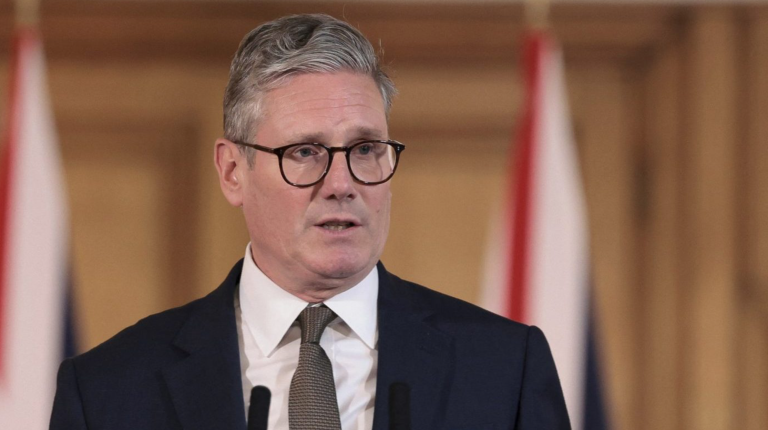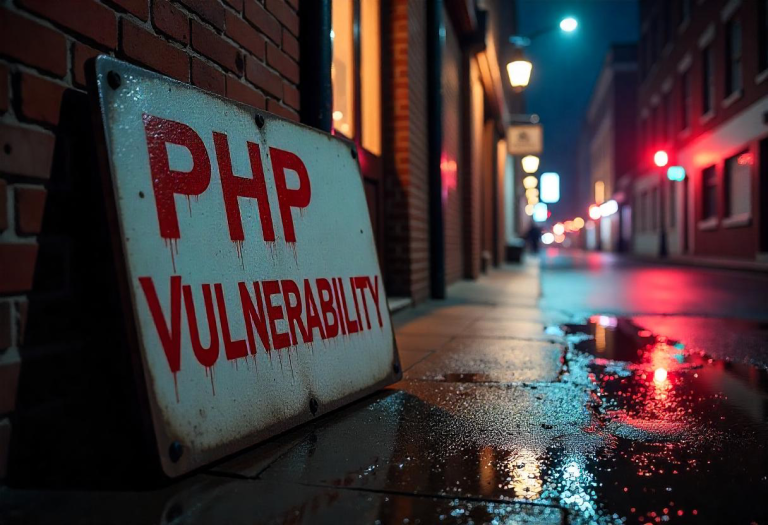
U.S. Escalates Immigration Policy, Revokes South Sudanese Visas Over Repatriation Refusal
The United States has revoked all visas for South Sudanese citizens and barred their entry at U.S. ports of entry, marking a sharp deterioration in relations with Africa’s youngest nation. The move follows South Sudan’s refusal to accept deported nationals from the U.S.
In a Saturday statement, U.S. Secretary of State Marco Rubio accused South Sudan’s transitional government of exploiting American leniency. “The failure to promptly repatriate its citizens is unacceptable,” Rubio said. “The transitional government can no longer take advantage of U.S. goodwill.” This prompted the U.S. to enact a South Sudan visa ban.
The decision reflects the Trump administration’s hardened immigration policies, prioritizing mass deportations and coercing foreign cooperation. It also coincides with renewed instability in South Sudan, where violence risks unraveling a fragile 2018 peace deal. Just days earlier, the State Department ordered non-emergency staff evacuations.
South Sudan in Perpetual Crisis

Since gaining independence in 2011, South Sudan has been plagued by conflict. A 2013 power struggle between President Salva Kiir and Vice President Riek Machar triggered a civil war that claimed 400,000 lives. Though the peace agreement stalled large-scale fighting, delayed reforms—like a unified army and new constitution—fuel persistent clashes. See US Condemns Nigeria’s Controversial Ban on Foreign Food and Medicine Imports.
Who’s Affected?
South Sudanese in the U.S. previously relied on Temporary Protected Status (TPS), set to expire May 3. The South Sudan visa ban now threatens students, professionals, and even rising NBA prospect Khaman Maluach, a Duke University freshman and South Sudanese Olympian who fled the war as a child. Duke confirmed it is assessing the policy’s impact on affected students.
This isn’t the first repatriation clash under Trump. In January, Colombia briefly blocked U.S. deportation flights, prompting tariff threats—a tactic critics argue bullies vulnerable nations and endangers migrants. With tensions rising, the visa ban risks further destabilizing a country already on the brink.
- The Death of Fish Magnet and Why Kidnapping Continues to Thrive in Nigeria - August 2, 2025
- The Fall of Intelligence - July 10, 2025
- UK to Tighten Visa Rules for Nigerians and Pakistanis Due to Overstaying Concerns - May 7, 2025






